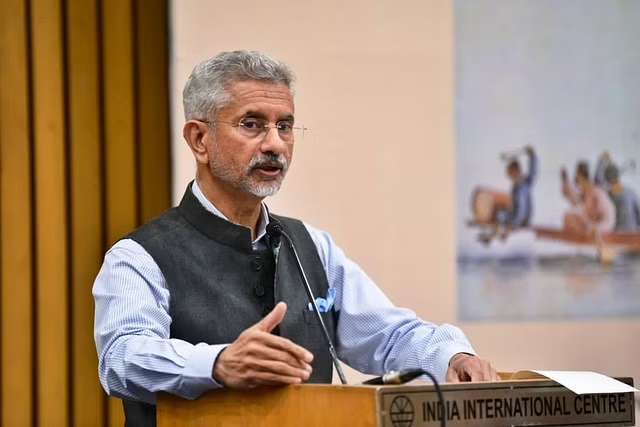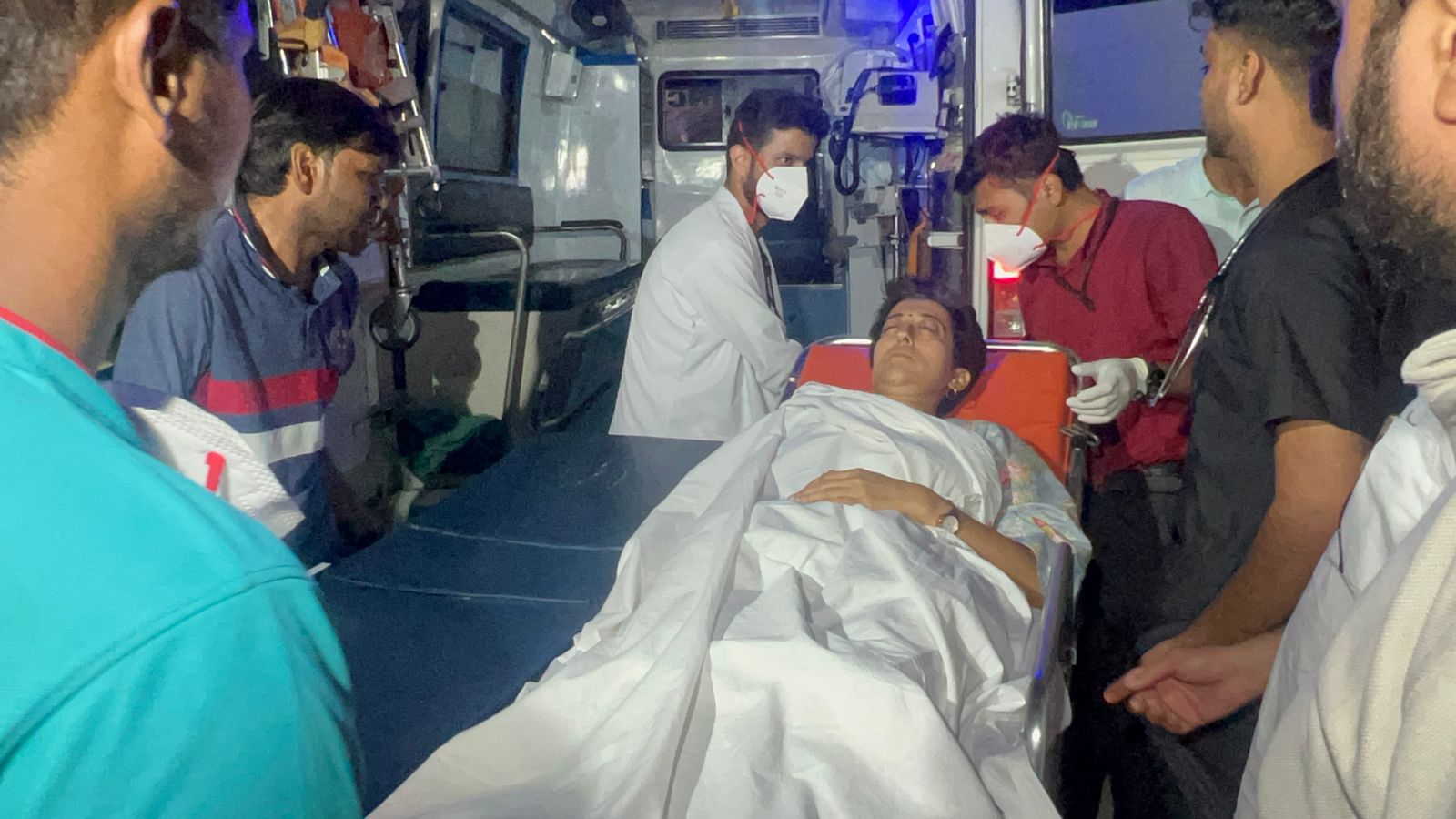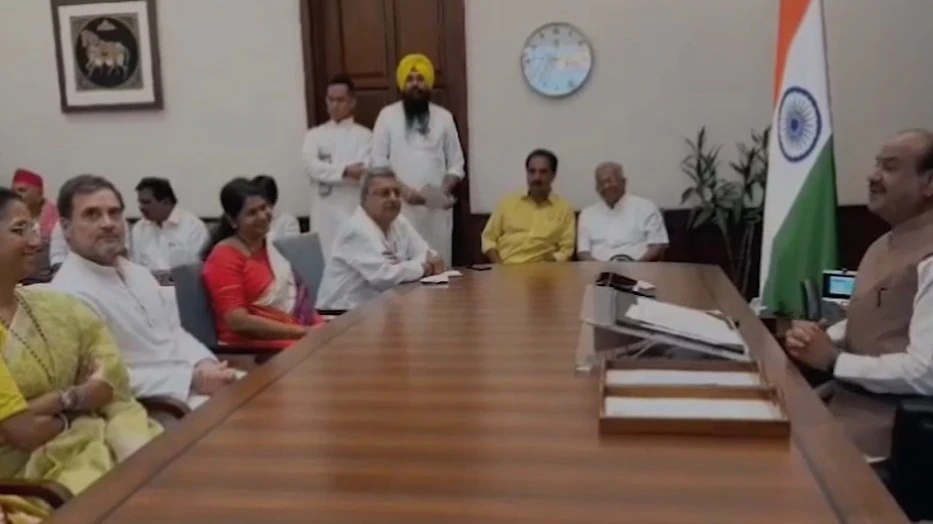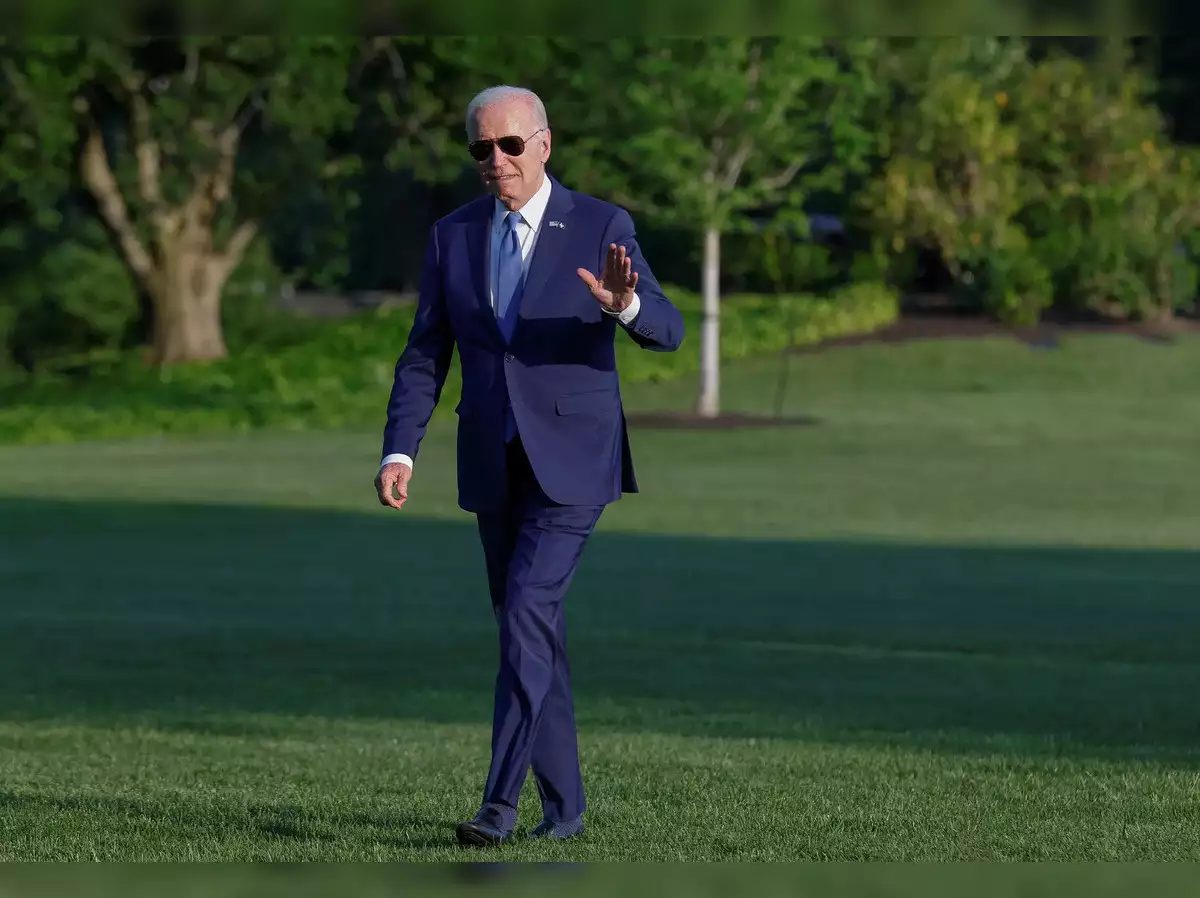On the 39th anniversary of the 1985 Kanishka Flight Bombing, External Affairs Minister S. Jaishankar underscored the imperative of not tolerating terrorism. This statement arrives amid growing tensions between India and Canada, highlighted by the Canadian Parliament’s recent observance of a minute’s silence for Khalistan extremist Hardeep Singh Nijjar, who was killed in British Columbia last June.
The Tragic Incident of the 1985 Kanishka Flight Bombing
The 1985 Kanishka Flight Bombing, also known as the bombing of Air India Flight 182, stands as one of the deadliest aviation terror attacks in history. On June 23, 1985, the Montreal-New Delhi flight exploded mid-air off the coast of Ireland, killing all 329 passengers and crew. The majority of the victims were Canadians of Indian descent. The bombing was carried out by Sikh militants as a retaliatory act against the Indian government’s Operation Bluestar, which took place in June 1984.
Operation Bluestar was an Indian military operation aimed at flushing out militants, including their leader Jarnail Singh Bhindranwale, from the Golden Temple in Amritsar. This operation deeply affected the Sikh community worldwide and escalated militancy among some factions, eventually leading to tragic events like the 1985 Kanishka Flight Bombing.
Jaishankar’s Statements
Jaishankar’s remarks on the anniversary of the 1985 Kanishka Flight Bombing serve as a solemn reminder of the catastrophic consequences of terrorism. “Today marks the 39th anniversary of one of the worst acts of terrorism in history,” Jaishankar stated on X (formerly Twitter). “Pay my homage to the memory of the 329 victims of AI 182 ‘Kanishka’ who were killed this day in 1985. My thoughts are with their families. The anniversary is a reminder why terrorism should never be tolerated.”

The Political Context and Strain in India-Canada Relations
Jaishankar’s comments come at a time of heightened strain in India-Canada relations. Two days before his statement, India vehemently objected to the Canadian Parliament’s minute of silence for Hardeep Singh Nijjar. Nijjar, labeled a terrorist by India, was gunned down outside a gurdwara in British Columbia in June 2022. His death has been a contentious issue, with Canada’s acknowledgment of his killing causing friction with India.
The Canadian Parliament’s observance of a minute’s silence for Nijjar was seen by India as an endorsement of extremist elements. India’s concerns about the activities of Khalistani extremists in Canada have been longstanding. The Indian government has repeatedly urged Canadian authorities to take stringent action against those promoting violence and separatism from Canadian soil.
Union Minister Hardeep Singh Puri’s Remarks
Union Minister Hardeep Singh Puri echoed Jaishankar’s sentiments, emphasizing the reprehensible nature of the 1985 Kanishka Flight Bombing. “This dastardly bombing on June 23, 1985, remains one of the most reprehensible acts of terror committed against India,” Puri stated on X. He further highlighted the ongoing threat of extremism, noting, “Unfortunately, the systems and mindsets that condoned the Kanishka bombing and subsequent acts of terrorism continue to find forces and sympathizers violating international norms and commitments to combat violent extremism and terrorism.”

Calls for Action Against Extremism
India has been persistent in its call for Canada to address the issue of extremism with urgency and seriousness. The Indian government’s stance is clear: any form of extremism and terrorism must be confronted and eradicated. The reluctance or failure to act against such threats can have dire consequences, as history has shown.
The situation became more strained after Canadian Prime Minister Justin Trudeau’s allegations in September 2023. Trudeau suggested a “potential” involvement of Indian agents in Nijjar’s killing, a claim that New Delhi dismissed as “absurd” and without basis. These allegations have further complicated diplomatic relations, with both nations needing to navigate these sensitive issues carefully.
RCMP’s Acknowledgment and Sympathy
In a statement on Friday, Royal Canadian Mounted Police (RCMP) Assistant Commissioner David Teboul acknowledged the 1985 Kanishka Flight Bombing as the “greatest terror-related loss of life involving and affecting Canadians” in the country’s history. Teboul offered “deepest sympathies, understanding, and support to the families of the victims,” recognizing the profound impact of the tragedy on the Canadian-Indian community.
The Path Forward
As both nations reflect on past tragedies and current tensions, it is crucial to reaffirm a shared commitment to combating terrorism in all its forms. The anniversary of the 1985 Kanishka Flight Bombing is a poignant reminder of the devastating effects of terrorism and the importance of international cooperation in preventing such atrocities.
The relationship between India and Canada, though currently strained, holds potential for rebuilding and strengthening based on mutual respect and a unified stance against extremism. As global partners, both countries must prioritize the safety and security of their citizens, fostering an environment where terrorism is unequivocally condemned and effectively countered.
For further insights and comprehensive content, please visit our homepage



